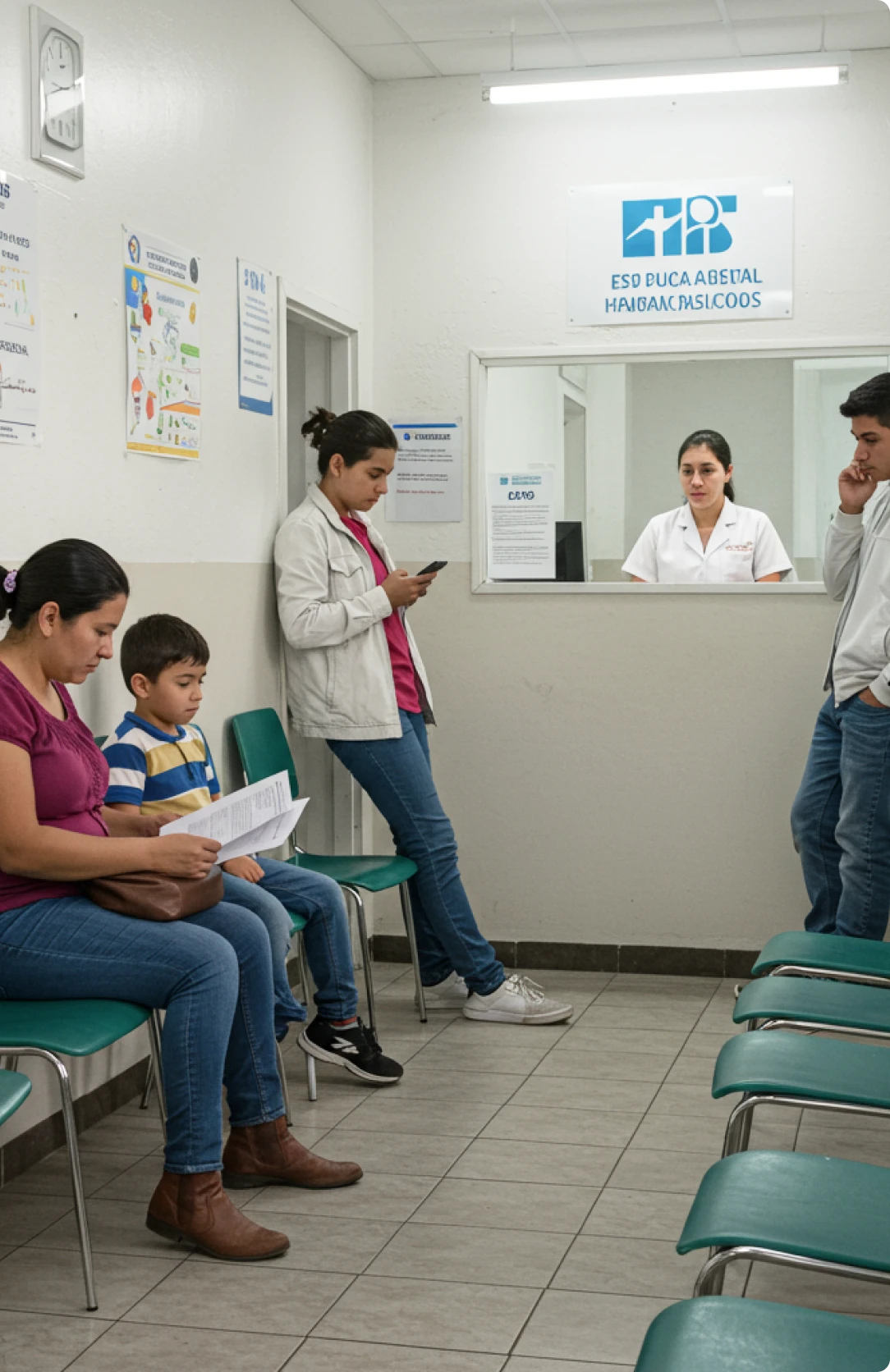The VenReP Survey examines the long-term effects of the PEP regularization program on Venezuelan migrants in Colombia, focusing on how legal status influences migrants’ well-being, the host country’s economic stability, social integration, and access to essential services. By tracking thousands of migrants over time, the study provides critical insights for policymakers, organizations, and governments aiming to design effective migration policies


Research finds that PEP beneficiaries experienced a 48% increase in consumption, a 22% increase in income, and significant improvements in health, largely due to expanded access to social protection and healthcare services.
During the COVID-19 pandemic, PEP eligibility helped migrants access healthcare, adhere to prevention measures, and maintain better housing and income stability compared to non-eligible peers.
The program contributed to a decline in crimes committed by migrants and led to higher reporting of domestic and sexual violence by migrant women, reflecting increased legal empowerment and institutional trust.
PEP eligibility was associated with a decline in fertility among migrant households, driven by improved access to family planning services and increased opportunity costs of childbearing.
Despite granting legal work status to nearly half a million migrants, the program had no significant adverse effects on Colombian workers' employment and slightly improved formal job access for Venezuelan migrants.
Studies show that PEP had no impact on voter turnout or support for political parties, suggesting that regularization did not trigger electoral backlash among host populations.





















Peer-reviewed studies exploring the effects of Venezuelan migration and regularization policies on migrants’ well-being, labor markets, public services, and host communities.